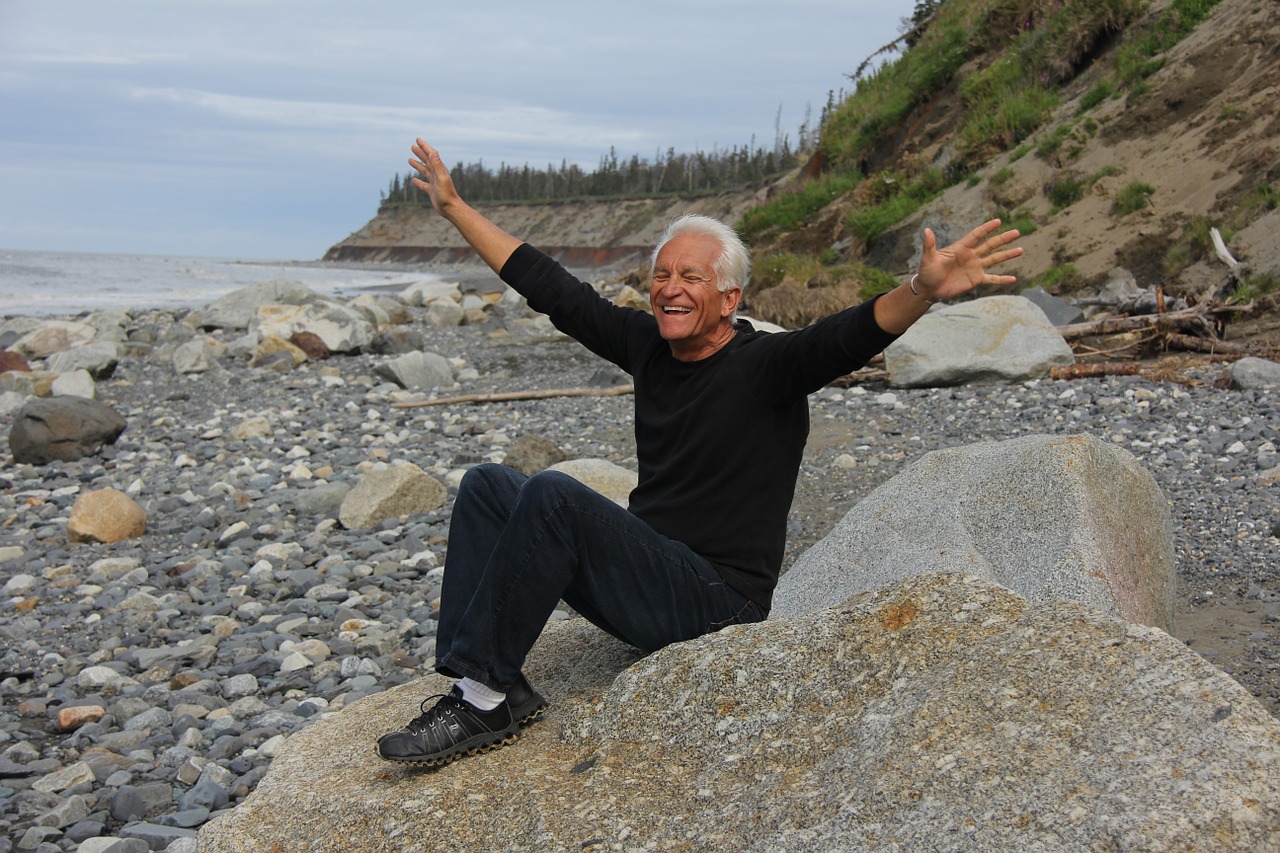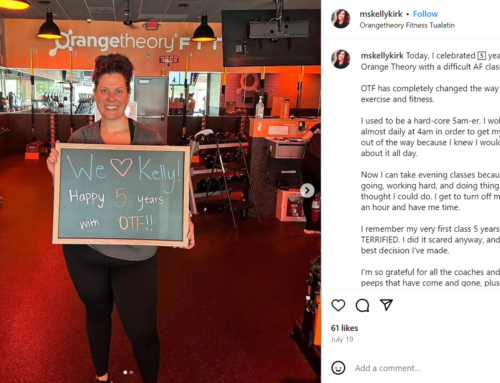If we were given the possibility of eliminating pain from our lives, we would accept without hesitation. Crass mistake. Pain is nothing more than a signal produced by our nervous system to tell us that we are suffering some damage: the wounds do not hurt on a whim, they hurt that we realize that we have them and do something so that they do not go any further. No one likes to suffer, but without pain, our life would be much more complicated (and short).
Pain receptors, or nociceptors, are an essential element for survival. Humans who are pain-insensitive have injuries constantly (because nothing warns them when, for example, they adopt a wrong body position) and any animal that has damaged its ability to perceive pain ends up dead within hours.
Pain doesn’t exist beyond our nervous system. It’s a sensory and emotional experience, so there are basically two ways to alleviate it: by killing those sources of pain (anything that raises the alarm in our brain) or directly involving the nervous system so that it doesn’t destroy the mechanisms that unleash this.
If you get hurt, you’ll have to heal it so that your brain stops warning you that something’s wrong by making you suffer, but in the meantime, you can trick it into hurting you less. This is what we do when we take a painkiller, the family of medications that act on the nervous system to reduce pain. But there are other techniques, complementary to medication, that can help relieve pain with little effort.
1. Cross your fingers
It sounds ridiculous, but it’s not. An experiment conducted by University College London’s Institute of Cognitive Neuroscience applied a small burning sensation to the fingers of a group of people. The researchers found that crossing their fingers significantly reduced the feeling of pain.
Why does this happened: As the authors of the study, recently published in the journal Current Biology, explain, pain is a sign that indicates where something is failing; when we cross our fingers we confuse the brain, which does not know well where to make you feel pain, so this is reduced.
This mechanism works not only with your fingers but also with any limb. Previous research, published in pain magazine, showed that suffering a blow or burn to the hand or arm is enough to cross the limbs to reduce it.
2. Sleep
According to a study published in the journal Sleep, to resist pain, it is enough to sleep more. Scientists are blunt about it: sleeping 10 hours, two more than recommended, is more effective at alleviating pain than codeine, one of the most powerful painkillers found in a pharmacy.
The relationship between sleep and pain works in both directions: people who sleep less than they should are more sensitive to pain than those who sleep the recommended eight hours.
3. Listen to your favorite album
According to a study Christine Hsieh, a psychiatrist at Harvard Medical School, that our favorite music can help us alleviate pain. In their experiment, the participants were given a burn to feel pain and were separated into three groups: those who listened to their favorite music ensured less pain than those who were given non-musical sounds and those who did not hear anything.
As the authors explain in the study, the music we like activates pleasure centers, especially the accumbes nucleus, and has an analgesic effect.
4. Realize that your pain has some benefit
In most cases, we cannot follow this strategy, because we find it difficult to see pain as something positive, but the truth is that when it is, we suffer it differently. In 1956 the anesthetist Henry Beecher, one of the pioneers in the placebo study, found that the pain was perceived very differently between soldiers and civilians, with identical injuries, and the latter requested many more painkillers than the First.
This was because, according to Beecher, the soldiers saw their trauma as a positive thing, as it allowed them to move away from the front and remain safe. However, for civilians, their injuries only brought negative things: they could not work, they were locked up in the hospital. So, the next time you’re on leave, think that at least you don’t have to go to work: if you hate being in the office, your pain will probably subside.
5. Curse
Swearing is common when we feel a pain, but the funny thing is that it really helps us alleviate it. According to a study led by Dr. Richard Stephens, professor of psychology at Keele University, people better endure pain when we can curse out loud.
The psychologist asked participants in his experiment to insert his hand into a container of ice water: those in the group in which he could be insulted lasted much longer (40 seconds more, on average) and suffered less. “There seems to be a reason for developing these words in all languages,” Stephens said in the experiment’s presentation note.
6. Love
Like music, love activates the pleasure centers of the brain – such as the nucleus accumbens – which has an analgesic effect. Dr. Sean Mackey, a professor of neurology at Standford School of Medicine, found that people in love felt less pain just by looking at a photograph of their loved ones.
As Mackey explains in his study, published in Plos One, “love-induced analgesia is associated with the brain’s reward centers and seems to involve more primitive brain aspects, activating deep structures that could block pain from a spinal level, similar to how opioid painkillers work.”




